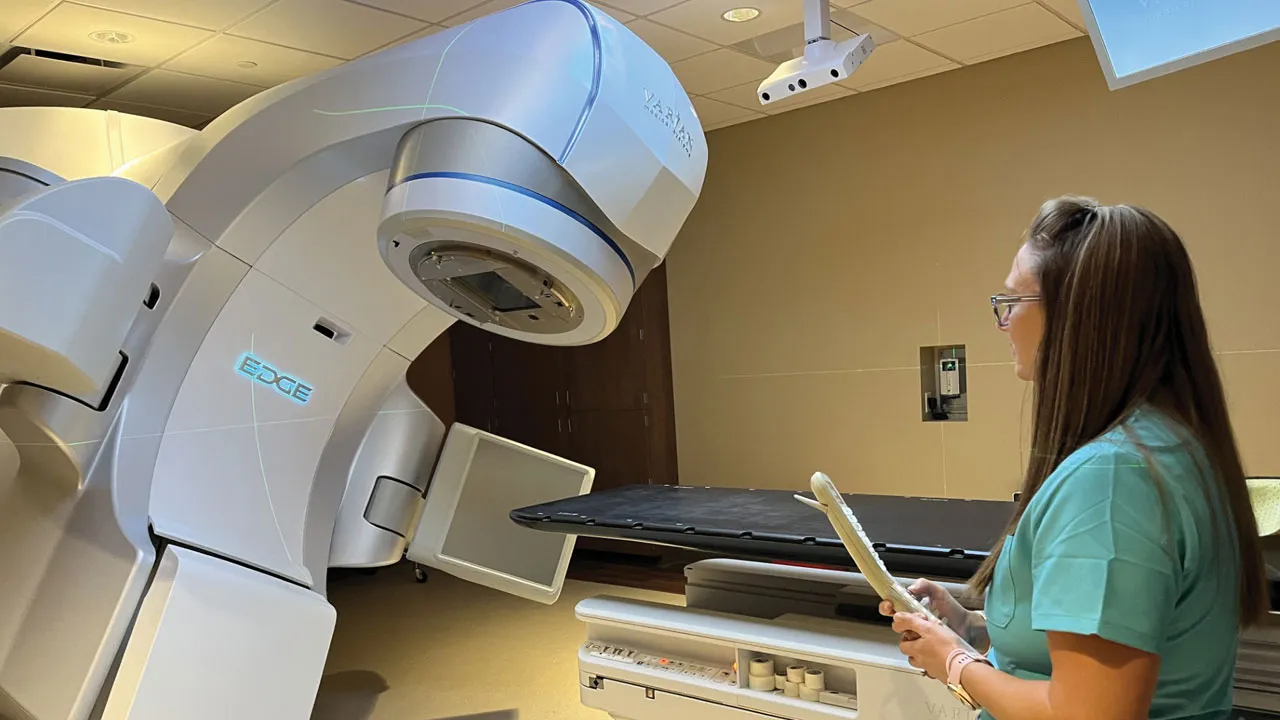Volume propels MCR trauma designation
Hospital’s role as Level I trauma center to impact region
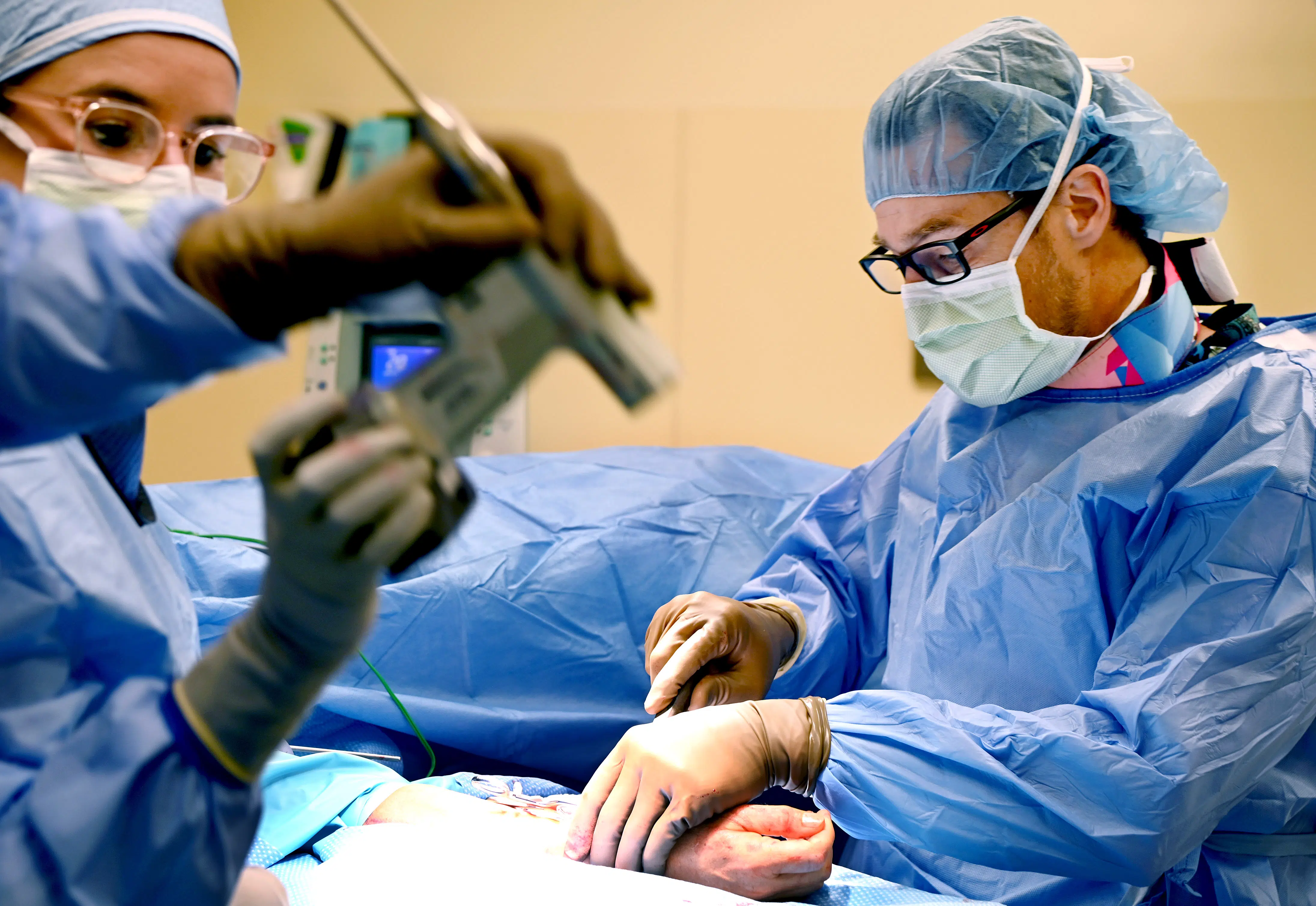
LOVELAND — It’s often said that “practice makes perfect.” Or sometimes, “practice makes permanent.”
Truth be told, UCHealth Medical Center of the Rockies in Loveland met all the criteria to become a Level 1 Trauma Center two years ago. Except one.
And that was practice.
SPONSORED CONTENT
One of the Colorado requirements for trauma centers to advance to higher levels is reaching certain case counts. For a Level 1 center, the facility and its staff must see and treat 320 trauma cases in a year. And that level was met just this summer.
“You need plenty of reps to become good at the work. There is some linkage between good outcomes and the number of cases you’re handling,” said Dr. Chris Cribari, a Fort Collins native who was instrumental from the start in achieving the Level 1 status. Cribari, whose title is acute care surgery medical director for UCHealth Medical Group, has responsibilities with all the UCHealth trauma centers, regardless of level.
“We, as a Level 2 center, we had the criteria in place for Level 1, but our state has a higher volume requirement,” he said. The American College of Surgeons, which certifies trauma centers on a national level, requires 240 trauma cases per year to qualify.
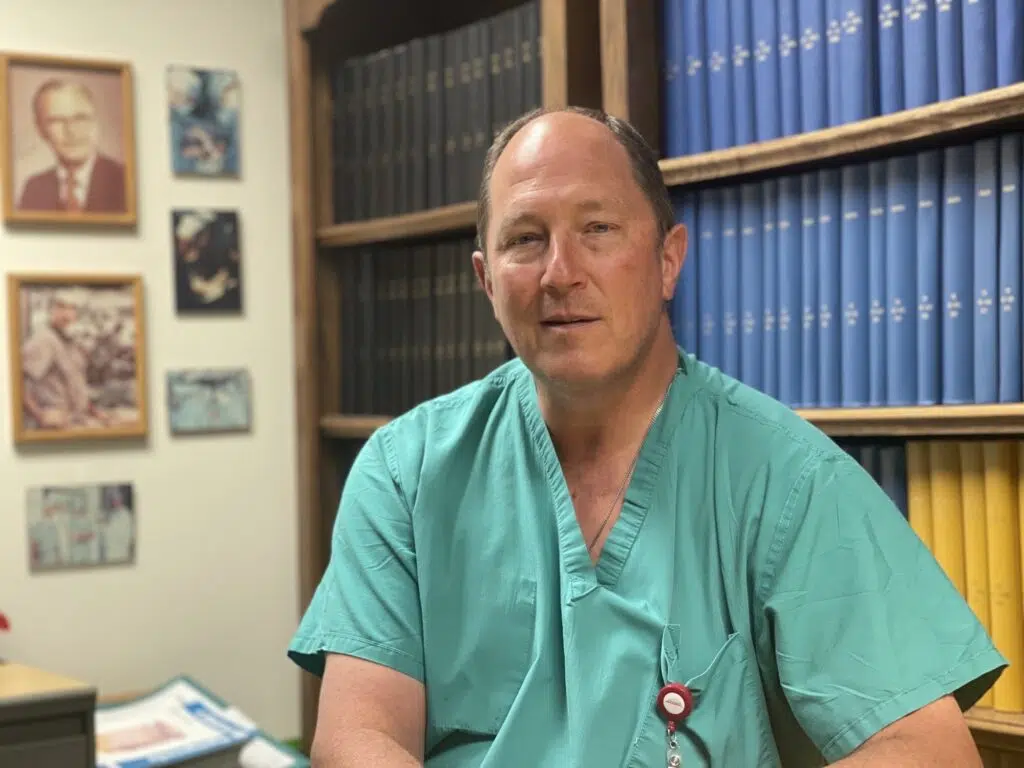
MCR achieved state Level I designation in July, and now that MCR has met the Colorado criteria, Cribari said, it will apply for the national designation.
Medical professionals argue over the number of trauma cases that should be required for Level 1 designations or how trauma systems within a state ought to be set up (see related story). But they don’t argue about the need for repetition and practice in the care of patients who are suffering from traumatic injury or illness. Nor do they argue about the challenges all trauma centers face in reaching and maintaining the highly qualified staffing levels that are necessary to treat trauma.
Level 1 centers such as MCR’s require having trauma surgeons on duty 24 hours a day, year round. They need ready access to neurosurgeons and other medical specialities so that a severely injured patient can receive treatment within minutes and even seconds of contact (see a success story about the importance of timing).
Recruiting surgeons to work in trauma care is an issue nationwide.
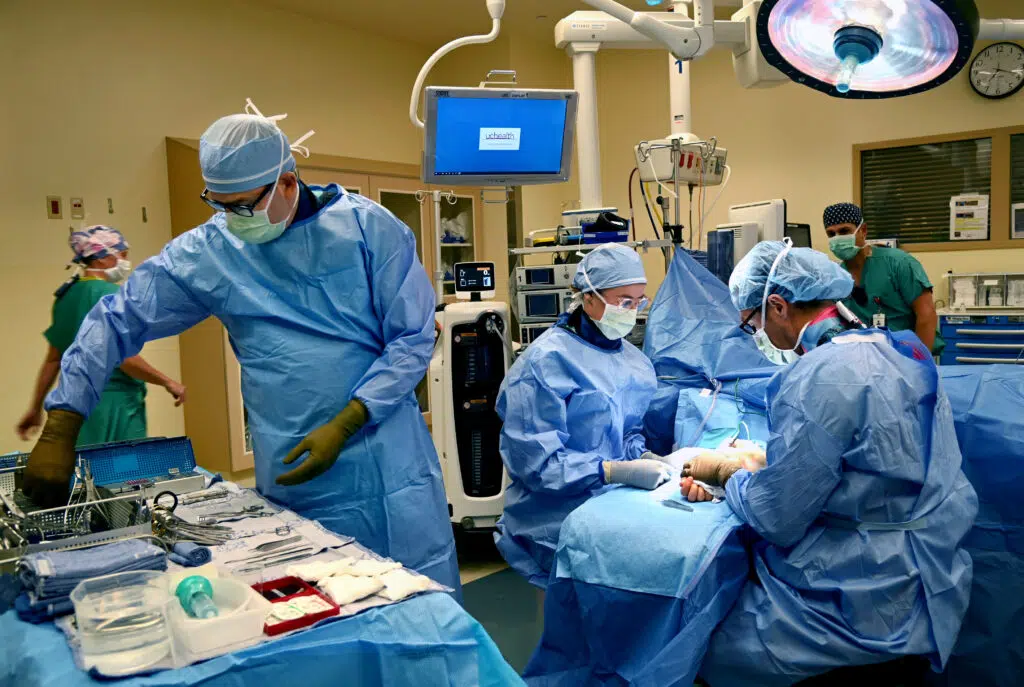
“Only about 5% or 7% of medical students choose surgery. Of those that choose surgery, a smaller percentage choose trauma,” Cribari said. “Some choose it because they enjoy the variety of the cases we’re challenged with.
“But [the work] is often nocturnal and disruptive [to life outside of work],” he said in reference to when trauma happens — all the time, nights and holidays included.
“Some programs across the country have struggled with that because they lacked administrative support [to recruit].” Rulon Stacey, the former CEO of Poudre Valley Health Systems “had the vision for this. It continued when Kevin Unger took the reins,” Cribari said.
While the case-count requirements enable trauma centers to have the experience necessary to treat all manner of injury, they also serve to limit the number of trauma centers and thus also the need for qualified surgeons.
“If you’ve seen any of what’s gone on in the past few years in Florida, there was a concern about over-designation of trauma centers because there aren’t enough trauma specialists to go around,” he said. In Colorado, there was concern about having three Level 1 centers in Denver — concern that competition for patients might eclipse the need for collaboration between facilities.
Part of the criteria for Level 1 centers such as MCR’s is to provide training for medical professionals at other hospitals, especially those in rural areas where specialists may not be readily available.
Colorado has divided the state into 11 Regional Emergency Medical and Trauma Advisory Councils, or RETACs. MCR will lead the nine-county Northeast Colorado RETAC. That area includes Banner Health facilities in the region including North Colorado Medical Center in Greeley, a Level 2 center; McKee Medical Center in Loveland, a Level 3 facility; and Banner Fort Collins Medical Center, recently designated a Level 4 trauma center.
Dr. Jerry Collins, the original trauma medical director at McKee, told BizWest in an email that McKee received its Level 3 designation in 1996 and was among the first in Northern Colorado to be so designated. He said Colorado Plains Medical Center in Fort Morgan was the first Level 3 center in the state.
Dr. Eric Luehr, a trauma surgeon at North Colorado Medical Center in Greeley, said MCR’s new designation won’t change things significantly for Banner, especially among the professionals working in trauma where collegiality is the norm.
“There’s room for multiple trauma centers in the region. What it boils down to is having resources for patient care,” he said. “We need multiple high-functioning trauma centers in the state.”
The requirements for Level 1 and Level 2 centers “is identical,” he said, although Level 1 centers participate in research to a greater degree and are required to have an ongoing rotation of medical residents to train the next generation of trauma specialists.
Luehr said the benefits of trauma designations “extend beyond trauma. There’s a trickle-down effect through the hospital” as techniques are shared in all areas of care.
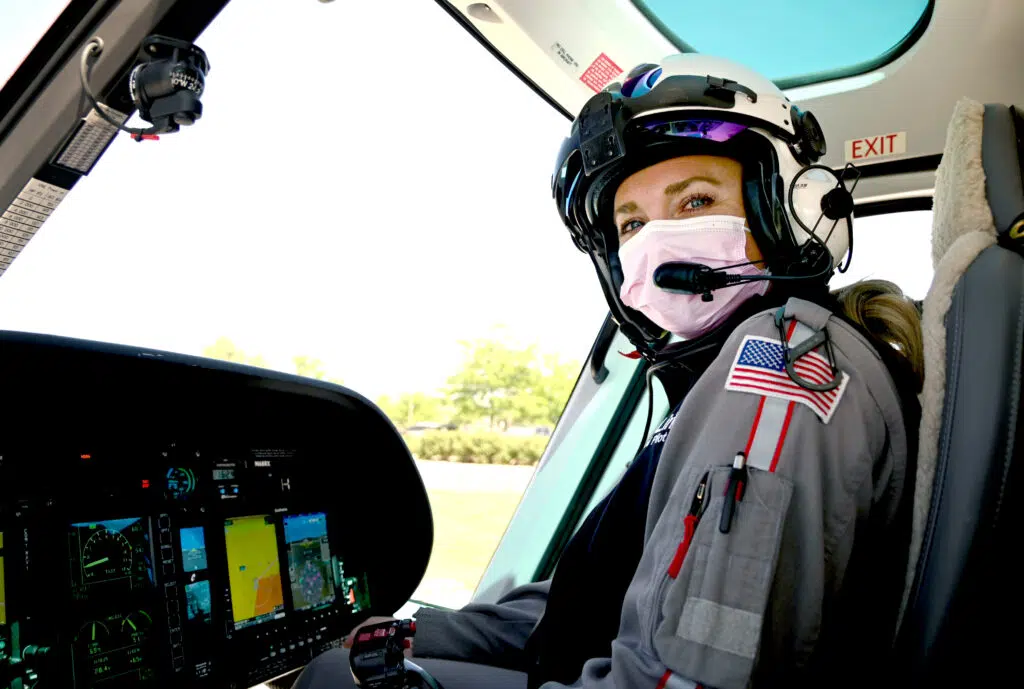

It’s often said that “practice makes perfect.” Or sometimes, “practice makes permanent.”...


